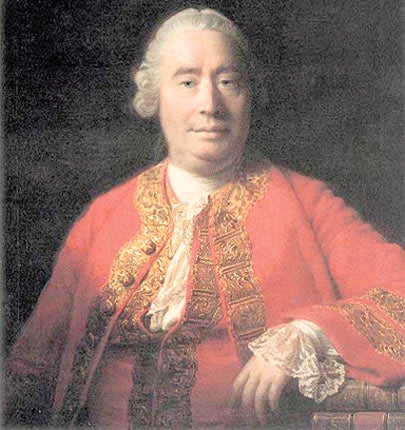The Week In Radio: A philosophy lesson that's most enlightening

Your support helps us to tell the story
From reproductive rights to climate change to Big Tech, The Independent is on the ground when the story is developing. Whether it's investigating the financials of Elon Musk's pro-Trump PAC or producing our latest documentary, 'The A Word', which shines a light on the American women fighting for reproductive rights, we know how important it is to parse out the facts from the messaging.
At such a critical moment in US history, we need reporters on the ground. Your donation allows us to keep sending journalists to speak to both sides of the story.
The Independent is trusted by Americans across the entire political spectrum. And unlike many other quality news outlets, we choose not to lock Americans out of our reporting and analysis with paywalls. We believe quality journalism should be available to everyone, paid for by those who can afford it.
Your support makes all the difference.Eerie though it was that the killing of Bin Laden should coincide with a Start the Week devoted to the problem of evil, I don't imagine its message would go down too well with the headline writers. Because instead of talking about "Evil", according to the neuroscientist Simon Baron-Cohen, we should be referring to "a radical lack of empathy". According to his theory, which has prompted widespread interest already, around 10 sites in the brain are responsible for our empathy circuit, which affects our ability to commit callous acts, and this circuit depends on an interplay of genes and environment. Those with zero empathy need treatment. "Rather than putting them in prison we should be treating them in the health service. Empathy deficit is a disability no different from being in a wheelchair," he said.
Start the Week is often a bit of a bland porridge, but this debate was far more controversial. Along with Gwen Adshead who treats psychotic criminals, and Val McDermid, who writes novels about them, the seriousness of the subject meant no one even bothered to tweet Andrew Marr about injunctions the way they did on TV. Probably only a third of empathy deficit can be explained genetically, it emerges, and more disruptions to empathy come from the way we treat young children, not that any parent wanted to dwell on that after the Bank Holiday weekend. When Julian Baggini took the argument on its logical path by questioning the notion of self, and referring to David Hume's Bundle theory, we were into Melvyn Bragg territory and simply didn't want the conversation to end.
By chance there was a Bank Holiday special on David Hume, which seemed a very Radio 4ish type of treat and not quite the enticement you might need to stay in. Yet despite its dry flavour, Allan Little's exploration of the great empiricist was well worth it. Hume is a rather apt hero for a journalist. As well as being a bon viveur, his philosophy hinged on "the obligation to question" and stressed that we only learn from experience. And like so many of his latter-day journalistic compatriots, he was good at earning, becoming one of the highest-paid writers in English. According to Little, Hume's rise was inextricably linked with his environment, specifically the development of Edinburgh. At his birth, Edinburgh was "an isolated, stagnant and dismal backwater" but the emergence of the New Town with its sunlit squares and neo-classical town houses, became a "metaphor in stone" for the development of Enlightenment philosophy.
What a contrast with the effect of the architecture of Dubai on its inhabitants, the subject of a sobering World Service documentary by Jonathan Glancey. Until 1961, Dubai was a small pearl-diving town, but now boasts skyscrapers half-a-mile high and only 15 per cent of the population is indigenous. "It's all about creating an environment suitable for westerners to come and live in," lamented one senior designer. There is of course a dreadful downside. Government-subsidised energy means the buildings are hugely inefficient. "A glass-skinned skyscraper is an inappropriate form for the desert, it soaks up heart, you need natural shading," protested one architect. It came as no surprise to hear Dubai has the highest carbon footprint of anywhere on the planet.
There was an enigma at the heart of this week's Great Lives on Lewis Carroll. Not his interest in little girls, though Matthew Parris worried away at that topic, but a far more eclectic practice. Apparently, Carroll charted the merits all voting systems including first-past-the-post and AV. It seems the creator of Wonderland could actually hold the answer to the today's referendum. So what was his conclusion, you ask breathlessly? For a political commentator, Parris seemed curiously underwhelmed. "He found flaws in most of them."
Join our commenting forum
Join thought-provoking conversations, follow other Independent readers and see their replies
Comments